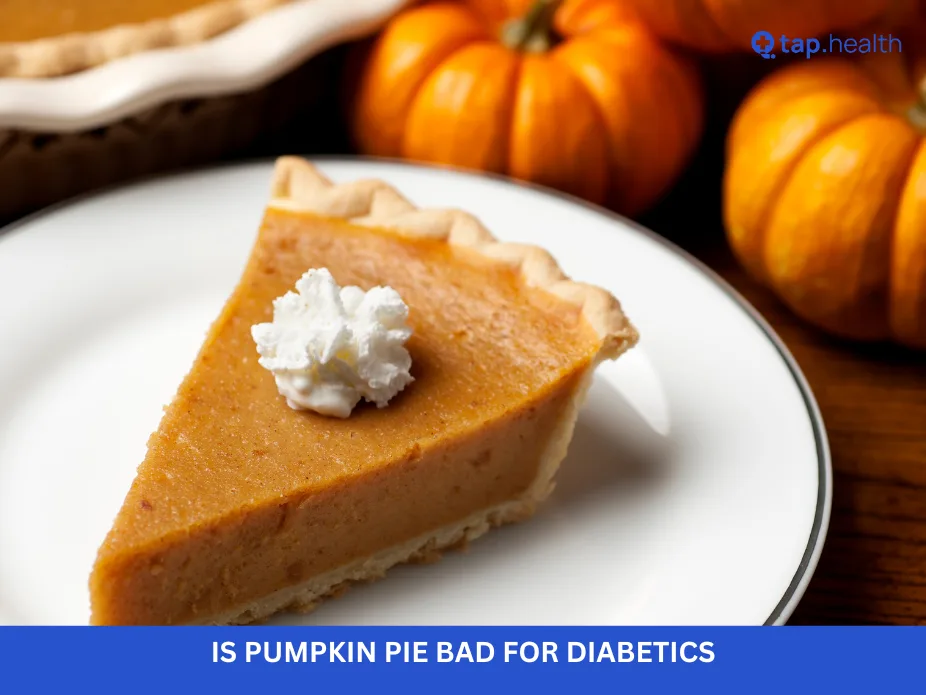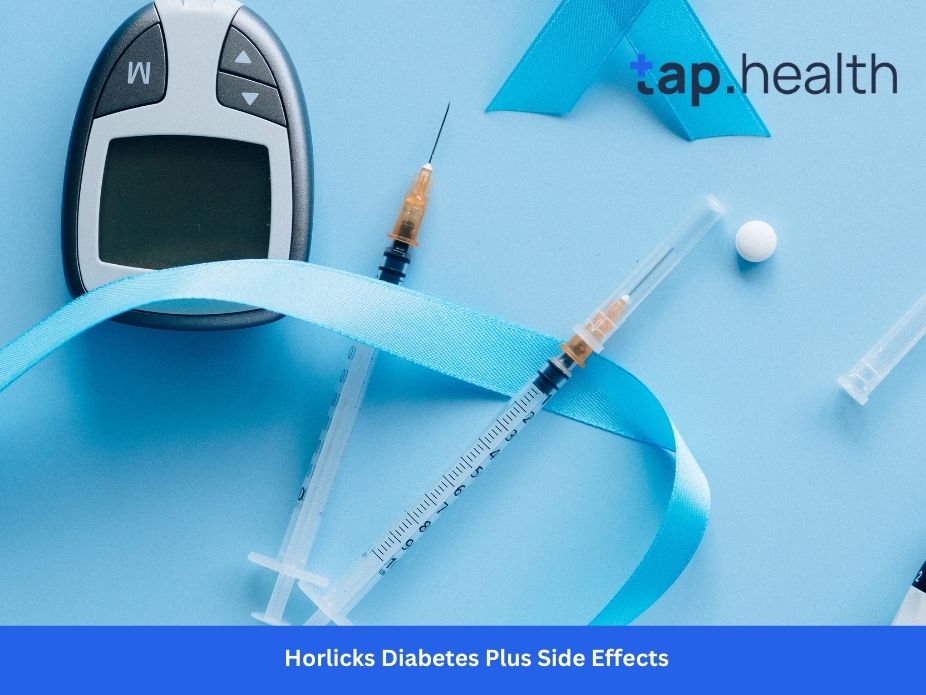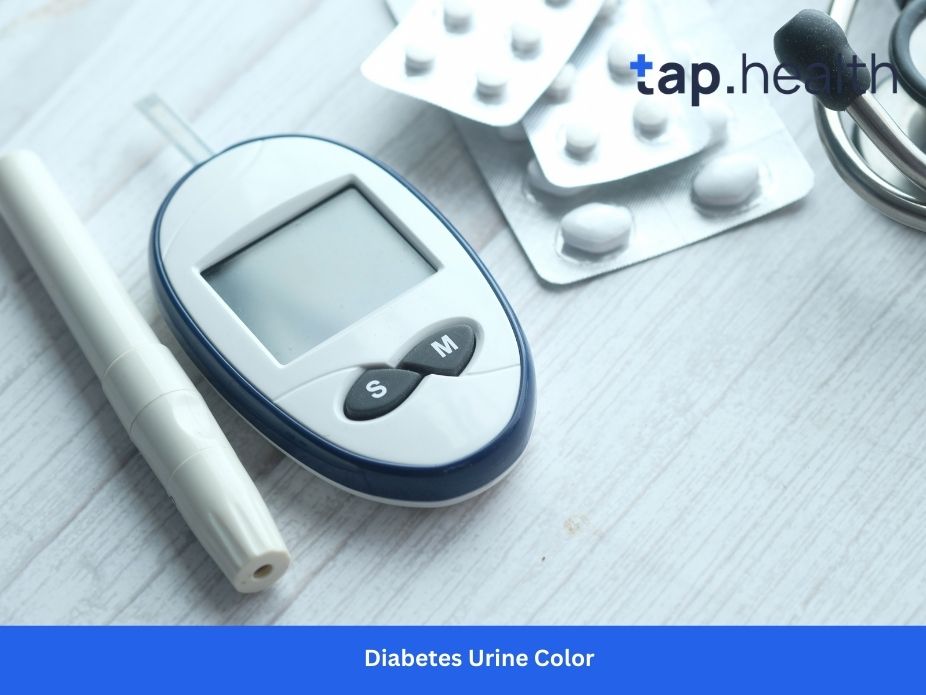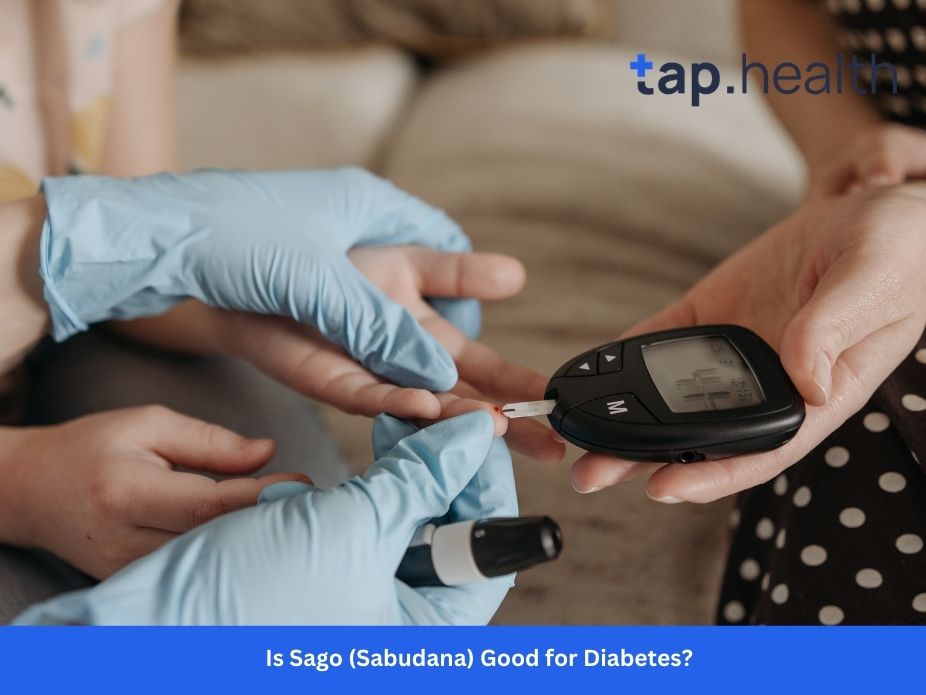Pumpkin pie is a beloved dessert, especially during festivals and holidays, known for its sweet, spiced flavour and creamy texture. However, if you have diabetes or are at risk, you may be concerned about whether this delicious treat is a safe choice. With diabetes, managing blood sugar levels is essential, and many foods can have a significant impact on glucose levels. So, is pumpkin pie bad for diabetics? Let’s explore this question in detail, looking at its nutritional profile, the potential risks, and how to enjoy it in a healthier way.
What Is Pumpkin Pie?
Pumpkin pie is a dessert made from a spiced pumpkin filling placed in a pastry crust and baked until golden. Typically, the filling consists of pureed pumpkin, sugar, eggs, and spices such as cinnamon, nutmeg, and cloves. The crust can be made from flour, butter, and sugar, contributing to the overall calorie and carbohydrate content of the pie.
Typical Ingredients in Pumpkin Pie:
- Pumpkin Puree: The main ingredient, rich in fibre and beta-carotene.
- Sugar: Commonly used to sweeten the filling, which may include white sugar or brown sugar.
- Eggs: Used for structure and texture.
- Spices: Cinnamon, nutmeg, ginger, and cloves are commonly used to flavour the filling.
- Crust: Made with butter, flour, and sometimes sugar, it adds to the calorie count and carb content.
Nutritional Breakdown of Pumpkin Pie
To determine whether pumpkin pie is bad for diabetics, we need to understand its nutritional composition. Here’s a general overview of a traditional slice of pumpkin pie (about 1/8th of a 9-inch pie):
Calories:
A typical slice of pumpkin pie can have between 200 to 300 calories, depending on the recipe and portion size. The calorie count is influenced by the sugar and crust content, which contributes significantly to the overall energy content.
Carbohydrates:
A slice of pumpkin pie contains approximately 30–40 grams of carbohydrates, most of which come from sugar and the flour-based crust. Carbohydrates directly impact blood sugar levels, so this is an important factor for people with diabetes to consider.
Sugars:
The sugar content in pumpkin pie can vary widely based on the recipe, but typically, a slice contains 15–20 grams of sugar. Sugar is a primary concern for people with diabetes, as it can cause spikes in blood glucose levels.
Fibre:
Pumpkin puree provides 2–3 grams of fibre per slice, which can help slow the absorption of sugar into the bloodstream. Fibre is important for blood sugar control, and while pumpkin pie contains some fibre, it may not be enough to offset the high sugar content.
Fats:
Pumpkin pie contains about 10–15 grams of fat, much of which comes from the butter and crust. While some fats, especially unsaturated fats, are beneficial for health, the fats in pumpkin pie tend to be a mixture of saturated and trans fats, which can be unhealthy in excess.
Protein:
Pumpkin pie has relatively low protein content, typically around 2–3 grams per slice. Protein helps manage blood sugar levels by slowing the absorption of sugar. The low protein content in pumpkin pie means it may not be as effective in this regard.
How Does Pumpkin Pie Affect Blood Sugar Levels?
The primary concern for diabetics when consuming pumpkin pie is its high carbohydrate and sugar content. Carbohydrates are broken down into glucose in the body, which can cause a rise in blood sugar levels. Here’s how pumpkin pie can affect blood sugar:
Blood Sugar Spikes:
- High Sugar Content: The added sugar in pumpkin pie can lead to a quick rise in blood sugar levels. People with diabetes, especially those with Type 2 diabetes, may experience difficulty in managing these spikes.
- Carbohydrate Load: A typical slice of pumpkin pie has a significant amount of carbohydrates (including sugar), which can lead to an increase in glucose levels after consumption.
Impact on Insulin:
For those with Type 1 or Type 2 diabetes, insulin plays a critical role in regulating blood sugar levels. Consuming a food high in sugar and carbohydrates can cause insulin resistance, making it harder for the body to manage blood sugar effectively. The fat content in the pie could also affect how the body processes insulin.
Is Pumpkin Pie Safe for Diabetics?
While pumpkin pie can cause a rise in blood sugar levels due to its sugar and carbohydrate content, it doesn’t mean that it’s completely off-limits for people with diabetes. Here are a few factors to consider:
1. Portion Size:
Moderation is key when it comes to eating pumpkin pie. A small portion can fit into a balanced meal plan for someone with diabetes, but larger servings can lead to a significant increase in blood sugar levels.
2. Type of Diabetes:
- Type 1 Diabetes: For individuals with Type 1 diabetes, managing insulin levels carefully is essential. A small slice of pumpkin pie may be manageable if the person adjusts their insulin dosage accordingly.
- Type 2 Diabetes: People with Type 2 diabetes need to monitor their carbohydrate intake carefully. A small piece of pumpkin pie may be acceptable occasionally, but it’s best to limit consumption and choose healthier alternatives.
3. Glycemic Index:
The glycemic index (GI) of pumpkin pie is considered moderate. The GI measures how quickly a food raises blood sugar levels. Foods with a high GI can cause rapid increases in blood sugar, while low GI foods are absorbed more slowly. Pumpkin pie’s GI may not be as high as some other sugary desserts, but it can still cause a noticeable spike in blood sugar.
Healthier Alternatives to Traditional Pumpkin Pie for Diabetics
If you love pumpkin pie but want to keep your blood sugar levels stable, there are several ways to modify the recipe to make it more diabetes-friendly. Here are a few healthier alternatives:
1. Use a Sugar Substitute:
Replace the sugar in the filling with a sugar substitute such as stevia, erythritol, or monk fruit. These alternatives have little to no impact on blood sugar and can make pumpkin pie more suitable for diabetics.
2. Choose a Low-Carb Crust:
Traditional pie crusts are made from white flour, which is high in carbs. Opt for a low-carb or almond flour crust, which will significantly reduce the carb and calorie content of the pie.
3. Increase the Fibre Content:
Fibre helps to slow down the absorption of sugar, so increasing the fibre content of the pie can help. You can add ground flaxseed or chia seeds to the filling, or even blend in some high-fibre vegetables to boost the fibre content.
4. Use Light or Reduced-Fat Ingredients:
Use lighter versions of cream and milk in the filling to reduce fat and calories. Alternatively, you can use Greek yogurt or cottage cheese for added protein and a creamy texture.
5. Smaller Portions:
Instead of having a large slice, enjoy a smaller portion of pumpkin pie and pair it with a protein-rich food (such as nuts or a small serving of chicken) to help balance out the blood sugar impact.
Can You Eat Pumpkin Pie on a Keto Diet?
Since pumpkin pie is typically high in carbs, it’s not considered keto-friendly in its traditional form. However, there are keto-friendly pumpkin pie recipes available that replace high-carb ingredients with low-carb alternatives such as almond flour crusts and sugar substitutes. These can be a good option for those following a ketogenic diet or looking to manage blood sugar levels more effectively.
Real-Life Scenario
Maria, a 52-year-old with type 2 diabetes, loves pumpkin pie during the holidays. Instead of skipping it, she now bakes her own version using almond flour crust and stevia. By eating a small slice after a balanced meal, her post-meal blood sugar remains stable. This shows that smart substitutions and mindful portions can make a big difference.
Expert Contribution
According to registered dietitian Dr. Laura Kim, “Pumpkin is a nutrient-rich food, but the problem lies in the pie’s added sugar and refined carbs. Using sugar alternatives and pairing it with protein or healthy fats can help control glucose response.”
Recommendations Grounded in Proven Research and Facts
- Choose homemade over store-bought to control ingredients.
- Replace sugar with low-glycemic sweeteners like stevia or erythritol.
- Use high-fiber crusts made from almond or oat flour.
- Pair with protein, such as Greek yogurt or nuts, to slow sugar absorption.
- Monitor portions: one small slice (around 1/8 of a 9-inch pie) is usually safe when part of a balanced meal.
Research from the American Diabetes Association (ADA) supports including moderate amounts of low-sugar desserts in a diabetic diet when balanced with other nutrients.
FAQ About Pumpkin Pie and Diabetes
1. Can Diabetics Eat Pumpkin Pie?
Yes, diabetics can eat pumpkin pie in moderation. It’s important to be mindful of portion sizes, sugar content, and the overall carb load. Healthier modifications can make the pie a safer option for people with diabetes.
2. How Does Pumpkin Pie Affect Blood Sugar?
Pumpkin pie can cause an increase in blood sugar levels due to its carbohydrate and sugar content. However, it has a moderate glycemic index, so its impact on blood sugar may not be as extreme as other sugary desserts.
3. Is Sugar-Free Pumpkin Pie Safe for Diabetics?
Sugar-free pumpkin pie can be a better option for diabetics, as it reduces the immediate spike in blood sugar levels. However, it’s still important to consider the overall carb content and portion sizes.
4. Can I Make a Healthier Pumpkin Pie for Diabetics?
Yes, you can make a healthier version by using sugar substitutes, low-carb crusts, and increasing the fibre content. Smaller portions are also key to keeping the blood sugar levels in check.
5. What Are Some Low-Carb Alternatives to Pumpkin Pie?
Low-carb pumpkin pie alternatives include pies made with almond flour crusts, sugar substitutes like stevia or monk fruit, and high-fibre ingredients. These modifications can help reduce the carb load while still enjoying the flavours of pumpkin pie.
Conclusion
Pumpkin pie can be enjoyed by diabetics, but it requires some careful consideration. The high sugar and carbohydrate content of traditional pumpkin pie can cause blood sugar spikes, making moderation important. By modifying the recipe to reduce sugar, carbs, and fat, diabetics can enjoy a healthier version of this classic dessert. Always remember to monitor your blood sugar levels and consult a healthcare professional if you’re unsure about how pumpkin pie may affect your diabetes management plan.



